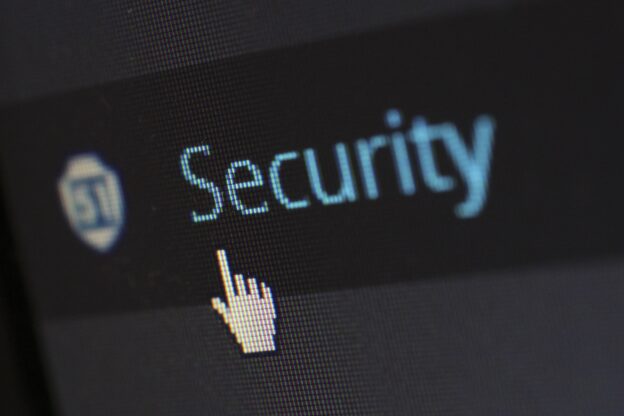Hackers are constantly trying to find ways to get access to your sensitive data and accounts. If they succeed, it can cause all kinds of problems. In this guide, we look at 7 things you need to be doing to avoid being hacked.
Create Good Passwords and Change Them Often
Your password can become public knowledge in a multitude of ways. It seems like data breaches are happening quite often and if this happens, a hacker could get access to your login credentials. Even worse, if you use these credentials on other sites, the hacker potentially has access to all of these accounts.
By creating a good password and changing it often, you can really limit your risk. Furthermore, to be as secure as possible, you should use different passwords for different sites/accounts. This is pretty tough to manage on your own, so I would definitely recommend a password manager. I personally use and would highly recommend the free password manager Google offers. I find it to be extremely easy to use and it is free. Even if you don’t use Google’s password manager, you will definitely want to use a password manager so you can use different, generated passwords for each account you need to login to.
Use a VPN
Using a secure VPN will cloak yourself and your data. This will protect you from any hackers that may be monitoring network activity. This will also hide your data from advertisers and even your ISP. I use IPVanish and find it to be one of the best VPNs. It is fast, secure, and user-friendly. Based on my experience, I would highly recommend it. Click Here to find out more about IPVanish. Even if you don’t use IPVanish, the main thing I will say about VPNs is you will want to be very careful using any free ones. A study a few years back found that over 35% of free VPNs had some sort of malware.
One other non-security benefit of a VPN is that they will allow you to access content that is not available due to your location (sports blackouts, location specific streaming, etc).
Keep Your Anti-Virus Up To Date
This should be a pretty easy tip to follow as most anti-virus software will by default keep itself up to date. However, it is definitely worth checking on this every so often and running regular scans. At this point in time, I am a really big fan of the built-in, free Windows Defender that comes with Windows. First of all, it is free, which is great. Even more impressive is that over the past 2-3 years it has improved immensely and is ranking quite high in independent tests.
Use Multi-Factor Authentication
If a hacker happens to get a hold of your password, having multi-factor authentication setup can save your account from being lost to the hacker. Multi-factor authentication forces the hacker to also have access to your phone or email to get into your account. While this can happen, it is pretty unlikely. Also, many sites that allow for multi-factor authentication will warn you of any suspicious activity. If you see a successful login attempt from an unknown location, you will want to make sure you change your password immediately.
Learn to Spot “Phishy” Emails and Text Messages
There are two keys to not falling for phishing attempts. First of all, when you get an email/text/call, make sure you recognize the source. This can be especially tricky with emails as hackers can do a great job disguising their email to make it look official. In fact, I would say every few weeks I get an email from a hacker claiming to be Amazon or Paypal saying my account has some type of issue. The way I spot that these as fake is by looking at the actual email address that this came from. For example, if the email looks like it is from amazon, you will want to make sure the email address has @amazon.com in it.
Secondly, these companies won’t ask you for sensitive data like your SSN, banking routing numbers, etc via email/text. If you see this, do not enter this information. If you are still in doubt, go directly to the site in question and contact support to see if there is an issue with your account.
Only Install Software From Trusted Sources
Downloading software from an untrusted source is a top way to get a virus or malware. I would suggest that you go directly to the trusted software developer’s website and download from them. If the developer has you go to another source, you are likely ok, but it doesn’t hurt to do a bit of research on the second party site as well before downloading.
Password Protect Your Home Network, Phone and All Other Devices
This is another pretty easy and straight-forward tip. If you don’t setup a password for your home (or work) network, then anyone can connect. An astute hacker could get to your sensitive data in a few different ways.
The same goes for your phone, laptop, tablets, and any other devices. You will want to make sure you have these password protected just in case someone else gets access to them. If you lose your phone and it is password protected, it will be a bit tougher for them to get to your data. As a bit of an aside, I would definitely recommend setting up hard drive encryption on any device that leaves your house. A password protected encrypted device is really tough to crack. Here is an article talking about encrypting a Windows machine.
Know of another good tip? Let me know in the comments!

